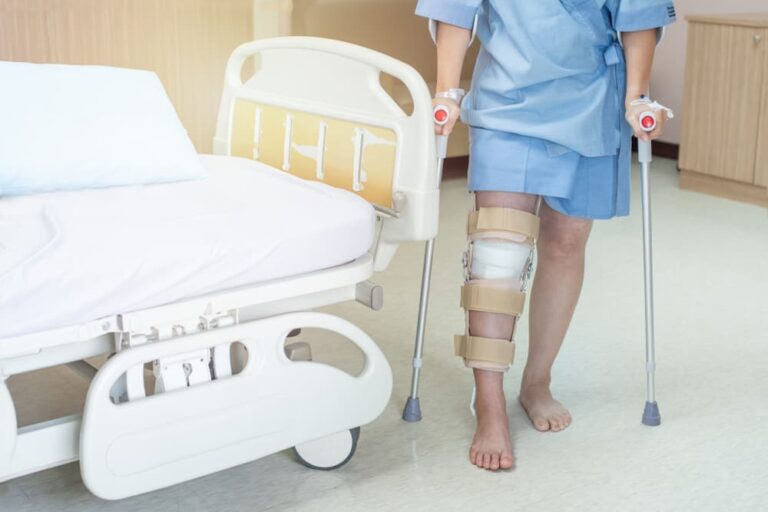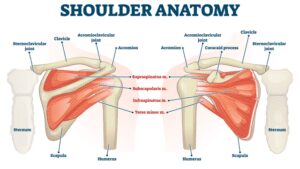It can be difficult to identify if what you feel after surgery is normal, run-of-the-mill discomfort or if it is post-op complications to be concerned about. After a major surgery, it is normal to experience swelling, warmth, pain, mild redness, and stiffness around the area. While certainly uncomfortable, these feelings are to be expected. This is your body doing its job to send healing inflammatory chemicals to the surgical site to get you better.
There are two major complications that you should be concerned with. After surgery of any kind, you will want to keep an eye out for blood clots (also known as deep venous thrombosis or DVT) and infection. BEAT Physical Therapy wants the best for our patients!
In this blog, we’ll explain the signs and symptoms to look out for, including factors that may predispose you to a blood clot or infection, and how to identify if you may be experiencing either of these conditions.
Red Flags and Risk Factors for Blood Clots
According to WebMD, Blood clots are healthy and lifesaving when they stop bleeding. They can also form when they aren’t needed and cause a heart attack, stroke, or other serious medical problems.
You may be at a higher risk for blood clots than other patients if you meet any of these criteria:
- Active cancer
- Paralysis of limb or recent immobilization in a cast
- Recently bedridden for more than three days
- Within the first four weeks after a major surgery
- Local tenderness along the vein
- Swollen veins of the limb in question
- Swelling over three centimeters compared to the unaffected side
- Pitting edema (swelling that remains dented when you push on it with your finger)
Post-Op Complications for Infection
Your skin is your natural barrier against infection. Any surgery that causes a break in the skin can lead to an infection because it breaks this barrier. Infections are caused by germs. According to Johns Hopkins, if you have surgery, the chances of developing an infection are about 1% to 3%.
Be especially attentive if you’re experiencing one or several of these signs of infection, as they may be post-op complications:
- Delayed healing
- Excessive pain
- Persistent or increasing exudate or fluid secreting/oozing from the wound
- Swelling
- Heat
- Wound breakdown
- Foul odor
Don’t Hesitate to Handle Post-Op Complications Immediately
There is some carryover in symptoms of DVT and infection. You may look at these and feel a bit overwhelmed with trying to decipher the difference between what is a normal post-op situation and what could be the sign of an infection.
Remember, your job is not to accurately identify what is going on, but to notify the doctor so that they can perform the proper tests to identify or rule out these conditions. If you are experiencing any or a combination of these symptoms, be sure to contact your BEAT Physical Therapy doctor as soon as possible.







